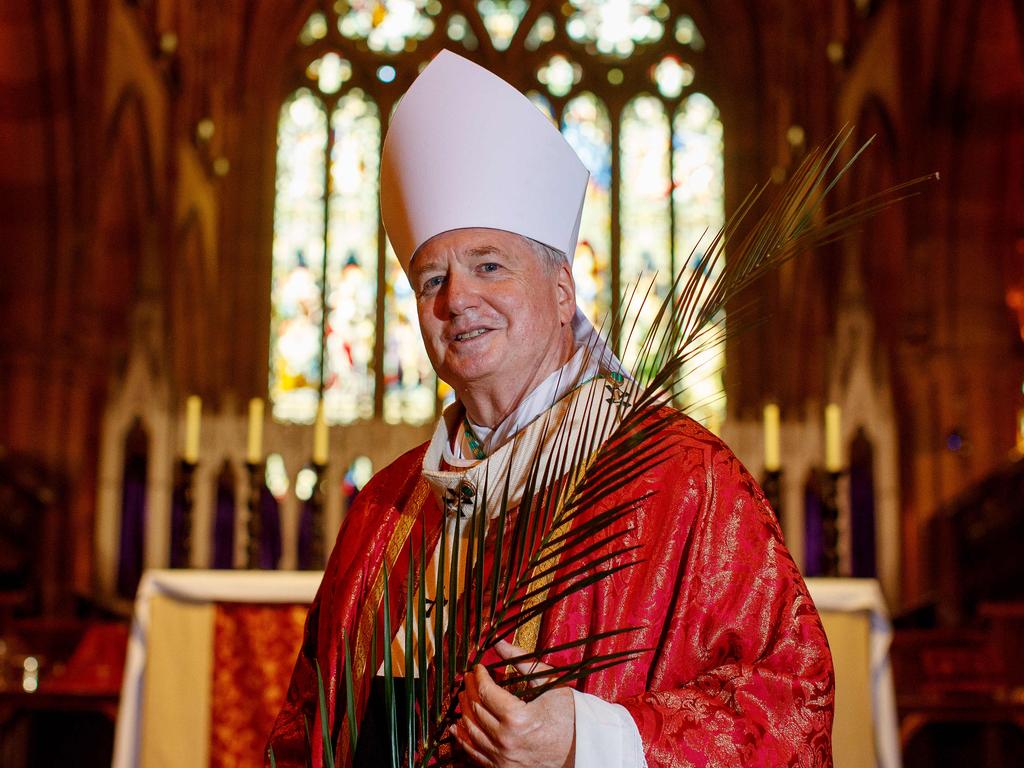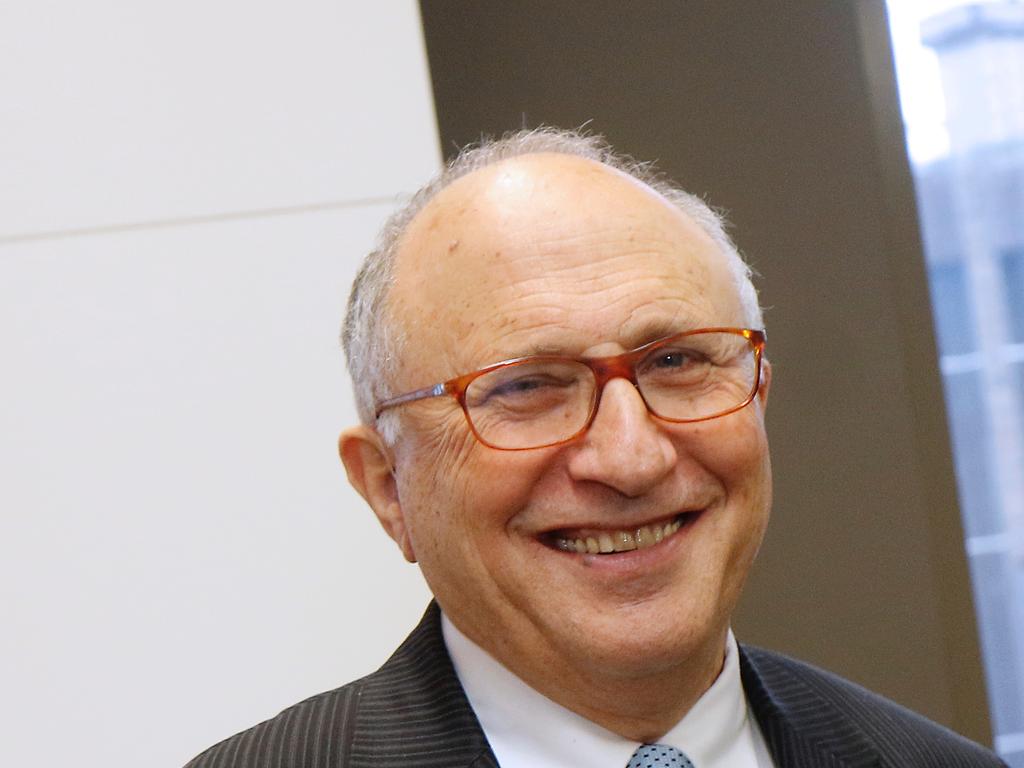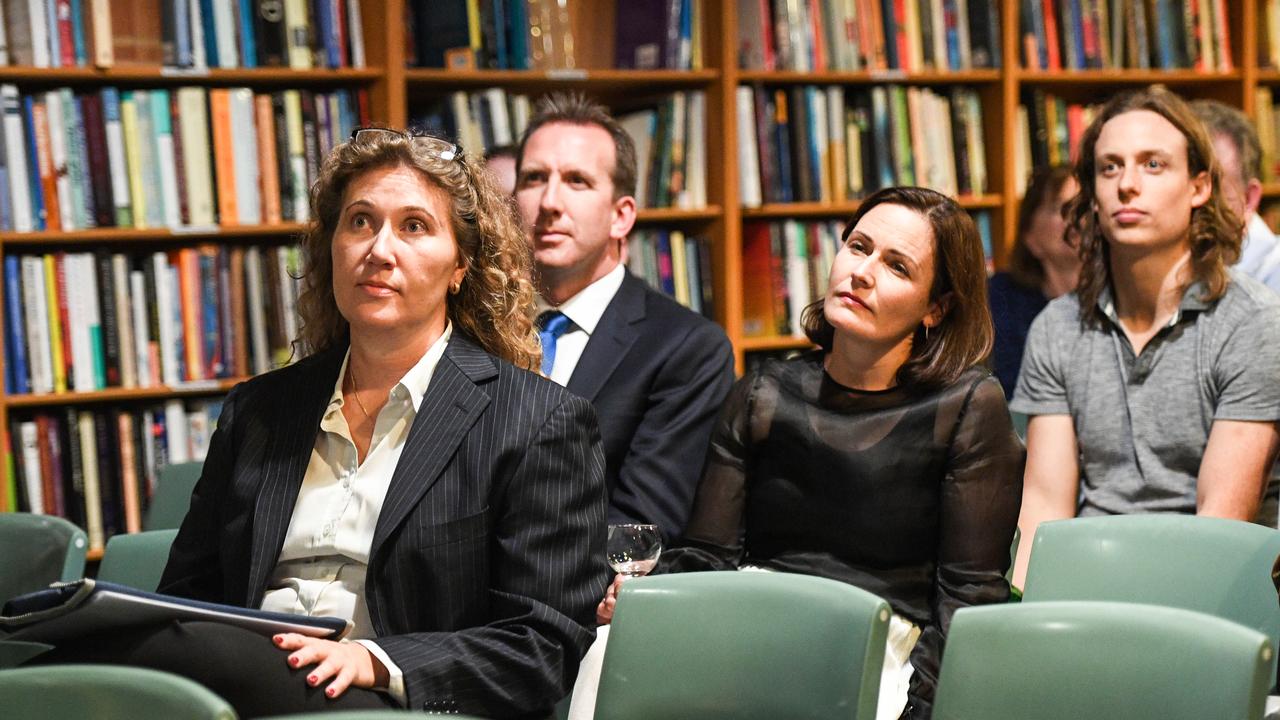Faith schools stoush a solution looking for a problem
Christian schools are not broken and do not require fixing. No one is compelled to attend, or be employed at, a religious educational institution.
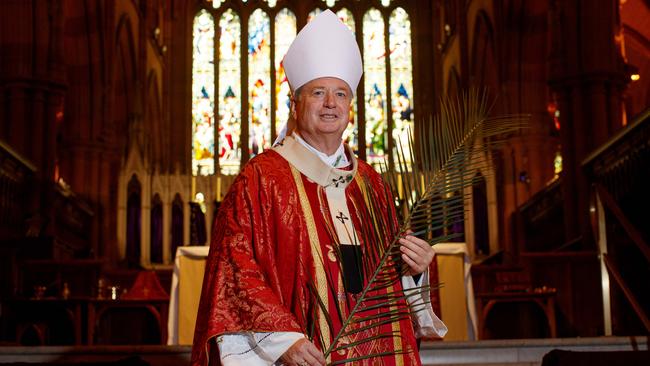
Once upon a time, the term sectarianism was used in Australia to describe hostility to the Catholic Church in general and Catholics in particular. Anti-Catholic sectarianism has never gone away, but it has diminished dramatically from around half a century ago.
It has been replaced by a more general form of sectarianism directed at religion in general and Christianity in particular. This does not simply reflect the apparent growth in agnosticism in an increasingly secular world within Western societies. Rather, it is an attack on people of faith by those who are intolerant of believers.
In contemporary Australia, this is more evident in sections of the green-left. But its impact spreads well beyond this group – since opposition to religion is an increasingly fashionable stance.
Hence the current debate about section 38 of the Sex Discrimination Act. This allows for a degree of discrimination in religious institutions, provided it is in “good faith in order to avoid injury to the religious susceptibilities of adherents of that religion and creed”. It applies with respect to a person’s sex, sexual orientation, gender identity, marital status, or pregnancy.
On November 4, 2022, the Australian Law Reform Commission received terms of reference from Attorney-General Mark Dreyfus to undertake an inquiry into exemptions for religious educational institutions in federal anti-discrimination law.

ALRC president Justice Mordecai Bromberg forwarded the report to Dreyfus on December 15. He tabled it on March 21. The following morning, the report was discussed on the regular Friday politics segment on ABC RN Breakfast with the ABC’s David Speers and news.com.au’s political editor Samantha Maiden.
Presenter Patricia Karvelas put it to Maiden that if Anthony Albanese declined to proceed with the bill along the lines proposed by the ALRC, “the gay and lesbian groups and others will think, ‘Hang on, you proposed this’.” Maiden agreed it was a difficult problem for Labor but added: “People understand the right for religious schools to exist for a purpose and for a certain set of values.” She pointed out that “these don’t seem to be rules and regulations that they (the schools) use very often” and said, “When was the last case you heard of someone being sacked because they’re gay or divorced?”
A similar comment was made by John Morrissey in a letter published in The Australian on March 26. He commented that he has taught in government, Catholic, Protestant and Jewish schools and “never seen examples of intolerance”. He wrote, however, that he had encountered “gay teachers and students, many divorcees and de-factos, and even gender-transitioning students”.
The question arises as to whether Dreyfus’s referral to the ALRC and its subsequent report is a solution in search of a serious problem. Speers acknowledged this on RN Breakfast when he referred to the report itself. In one section, the ALRC states that the implementation of its recommendations to section 38 of the SDA “would be consistent with existing practice in the vast majority of religious institutions”.
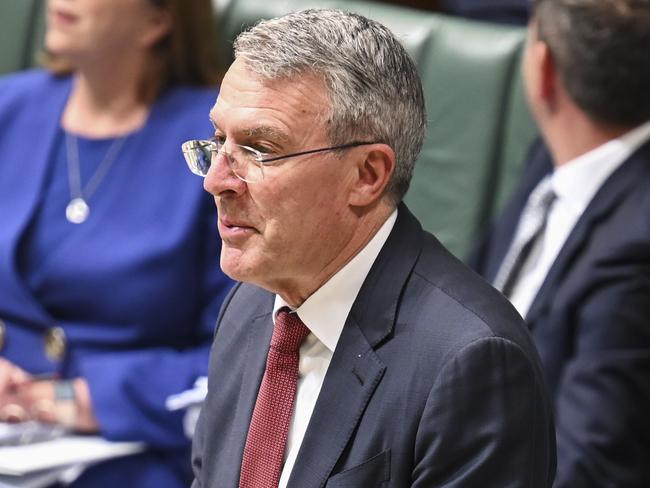
So, there you have it. The ALRC is recommending the abolition of the SDA’s section 38, despite the fact such a discontinuance is not necessary concerning “the vast majority” of religious schools.
About 35 per cent of Australian children are educated in non-government schools. Some are high fee institutions but most are not. Many parents, sometimes with the help of grandparents, pay money to send children to non-government institutions. The largest contingent of such institutions are low fee Catholic schools, which enrol students of various faiths.
There is growing support for non-government schools. Sometimes because parents want children to attend a school which provides for their faith. But sometimes because they regard such educational institutions as supplying a more disciplined environment for both educational and social purposes.
The ALRC has presented a legal opinion the Albanese government may, or may not, attempt to put into legislation. The unintended consequence is that it gives the impression there is a current problem with religious schools.
The ALRC’s report comes shortly after the Productivity Commission recommended, in a recent draft report, that tax deductions should be withdrawn from school building funds with respect to non-government schools.
It was this environment to which Anthony Fisher, the Catholic Archbishop of Sydney, objected in a powerful article on this page on Monday. He wrote that the freedom of Australians “to gather, speak freely, pray together and undertake works of service for others … is being reduced slice by slice”. He elaborated on this critique in an interview on Sky News’ Credlin program. The Archbishop pointed out the ALRC had “given no weight to the benefit Catholic and other faith-based schooling has been to millions of Australians for more than 200 years”. The same critique can be made of the Productivity Commission.

In recent years, Julian Porteous, the Catholic Archbishop of Hobart, was forced to appear before a state tribunal and defend himself for promoting traditional Catholic teachings on marriage.
It is true that Christian (especially Catholic) and, to a lesser extent, Jewish educational institutions suffered reputational damage due to the hearings and findings of the Royal Commission into Institutional Responses into Child Sexual Abuse, headed by Peter McClellan KC, which operated between 2013 and 2017.
However, as I have written previously, the royal commission all but ignored government schools. The Catholic Church in Australia set up institutions to deal with clerical pedophilia in the mid-90s. The Victorian government set up a board of inquiry to deal with pedophilia in state government schools in 2023, about three decades later.
The board of inquiry, headed by Kathleen Foley SC, found the Victorian Department of Education’s response to child sexual abuse in government schools over the years had been “an appalling and systematic failure”.
Despite the royal commission’s damaging findings about Christian schools, demand for them is growing, as it is for non-government schools generally. They are not broken and do not require fixing. No one is compelled to attend, or be employed at, a religious educational institution.



